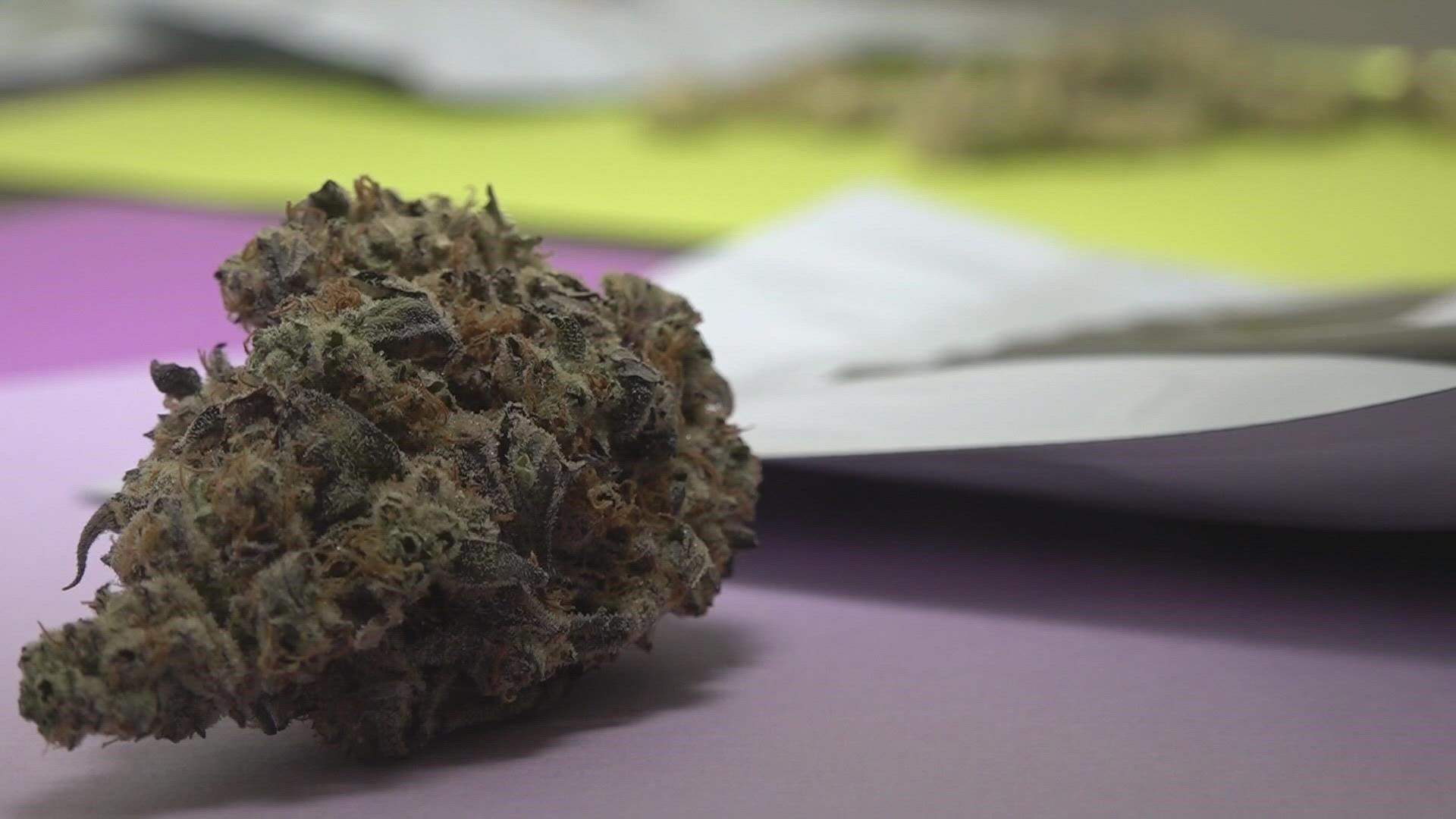How to Obtain a Medical Marijuana Card Near Me: A Comprehensive Guide
Shedding Light on What Medical Cannabis Can Heal: an In-Depth Evaluation of Its Healing Properties
In recent years, there has been an expanding interest in the healing capacity of clinical cannabis. While unscientific evidence abounds, an extensive examination of the clinical data pertaining to the effectiveness of medical cannabis in dealing with these conditions is necessitated.
Chronic Pain Monitoring
Chronic pain administration stays a vital element of clinical treatment, demanding a thorough approach for effective therapy. In recent times, clinical marijuana has actually arised as a potential restorative alternative for people experiencing chronic pain conditions. The endocannabinoid system, which plays a vital function hurting inflection, has been targeted by cannabis-based therapies to relieve symptoms and improve quality of life for patients.

In addition, medical cannabis offers a promising choice for individuals that experience excruciating adverse effects from typical discomfort drugs. Its capacity to attend to pain through a various device makes it a useful addition to the collection of treatments available for persistent pain monitoring.
Epilepsy Treatment Potential
Clinical cannabis has actually revealed appealing potential in the treatment of epilepsy, providing a novel therapeutic technique for handling seizures in patients. Epilepsy is a neurological disorder characterized by recurring seizures, affecting people of any ages. Standard treatments for epilepsy include antiepileptic medicines, but these medicines might not work for all people and can have considerable negative effects.
Research on the usage of clinical cannabis for epilepsy has actually revealed encouraging outcomes. Cannabidiol (CBD), a non-psychoactive compound found in cannabis, has been specifically highlighted for its anticonvulsant residential properties. Research studies have revealed that CBD can lower the regularity and intensity of seizures in people with treatment-resistant forms of epilepsy, such as Dravet syndrome and Lennox-Gastaut syndrome.
Additionally, the FDA has approved a CBD-based medication, Epidiolex, for the treatment of seizures linked with these extreme forms of epilepsy. This milestone emphasizes the growing recognition of medical cannabis as an important therapeutic choice for taking care of epilepsy and offers wish for patients who have not reacted well to conventional therapies.
Nausea Or Vomiting Relief Perks
The reduction of nausea via the use of marijuana has actually been increasingly recognized for its restorative benefits in different medical conditions. Queasiness and vomiting are typical signs and symptoms experienced by patients undergoing radiation treatment, those with stomach problems, and people with chronic pain problems. Medical marijuana, with its energetic substances such as THC and CBD, has actually revealed guarantee in giving relief from nausea or vomiting.

Furthermore, clinical marijuana uses a natural alternative for individuals that do not react well to standard anti-nausea medicines or who experience severe side effects from these medicines. People undertaking radiation treatment, in certain, have actually reported considerable enhancements in their top quality of life when making use of marijuana to take care of queasiness. As research in this location remains to grow, medical marijuana is significantly being taken into consideration as a useful option for nausea alleviation in numerous medical settings.
Anxiousness Reduction Effects
Researches have actually demonstrated the potential of cannabis in reducing anxiety signs through its communication with the endocannabinoid system. The endocannabinoid system plays a vital function in regulating emotions, consisting of stress and anxiety, by maintaining homeostasis in the body. Cannabinoids in marijuana, such as THC and CBD, interact with the endocannabinoid receptors in the mind, specifically the CB1 and CB2 receptors, to regulate anxiety-related actions.

Clients with problems like generalized stress and anxiety disorder (GAD), social anxiousness disorder, and trauma (PTSD) might skin care clinic near me take advantage of the anxiolytic residential properties of marijuana (Medical Cannabis Doctor). More study is needed to identify ideal does, shipment methods, and long-lasting impacts on stress and anxiety administration.
Possible for Swelling Control
With its known anti-inflammatory residential properties, cannabis has shown pledge in possibly regulating swelling within the body. Inflammation is the body's natural reaction to injury or infection, however when it becomes chronic, it can contribute to numerous conditions such as joint inflammation, inflammatory digestive tract illness, and even heart illness. Study recommends that the cannabinoids discovered in cannabis, such as THC and CBD, can help reduce and manage the immune feedback inflammation.
Researches have actually revealed that cannabis can interact with the endocannabinoid system, which plays a critical function in regulating swelling. By targeting the cannabinoid receptors, marijuana substances can regulate the immune response, leading to a decline in swelling levels. This makes cannabis a possible prospect for managing inflammatory problems where helpful site typical therapies have failed.
In addition, cannabis-derived items like CBD oil have actually acquired popularity for their anti-inflammatory residential properties, with lots of individuals utilizing them as a natural remedy for problems connected with swelling. While more study is needed to completely understand the devices behind marijuana's anti-inflammatory impacts, existing findings reveal appealing outcomes for the prospective usage of medical marijuana in controlling swelling.
Conclusion
To conclude, medical marijuana has revealed promising healing buildings in handling persistent pain, dealing with epilepsy, relieving nausea or vomiting, decreasing anxiousness, and controlling inflammation. Its possible benefits in different clinical conditions highlight the value of more research and exploration right into its medicinal use. The proof suggests that medical marijuana could be a useful choice treatment choice for patients seeking alleviation from a series of signs and conditions.
In recent years, clinical marijuana has actually arised as a possible therapeutic alternative for people experiencing from persistent pain conditions.Clinical cannabis has shown encouraging capacity in the treatment of epilepsy, using an unique healing strategy for managing seizures in patients. As research in this area continues to grow, medical cannabis is increasingly being taken into consideration as a valuable option for nausea alleviation in numerous clinical settings.
In final thought, medical cannabis has shown promising therapeutic properties in managing chronic pain, treating epilepsy, relieving queasiness, lowering anxiety, and managing swelling. The proof recommends that clinical cannabis might be a beneficial alternative treatment choice for patients seeking alleviation from an array of signs and problems.